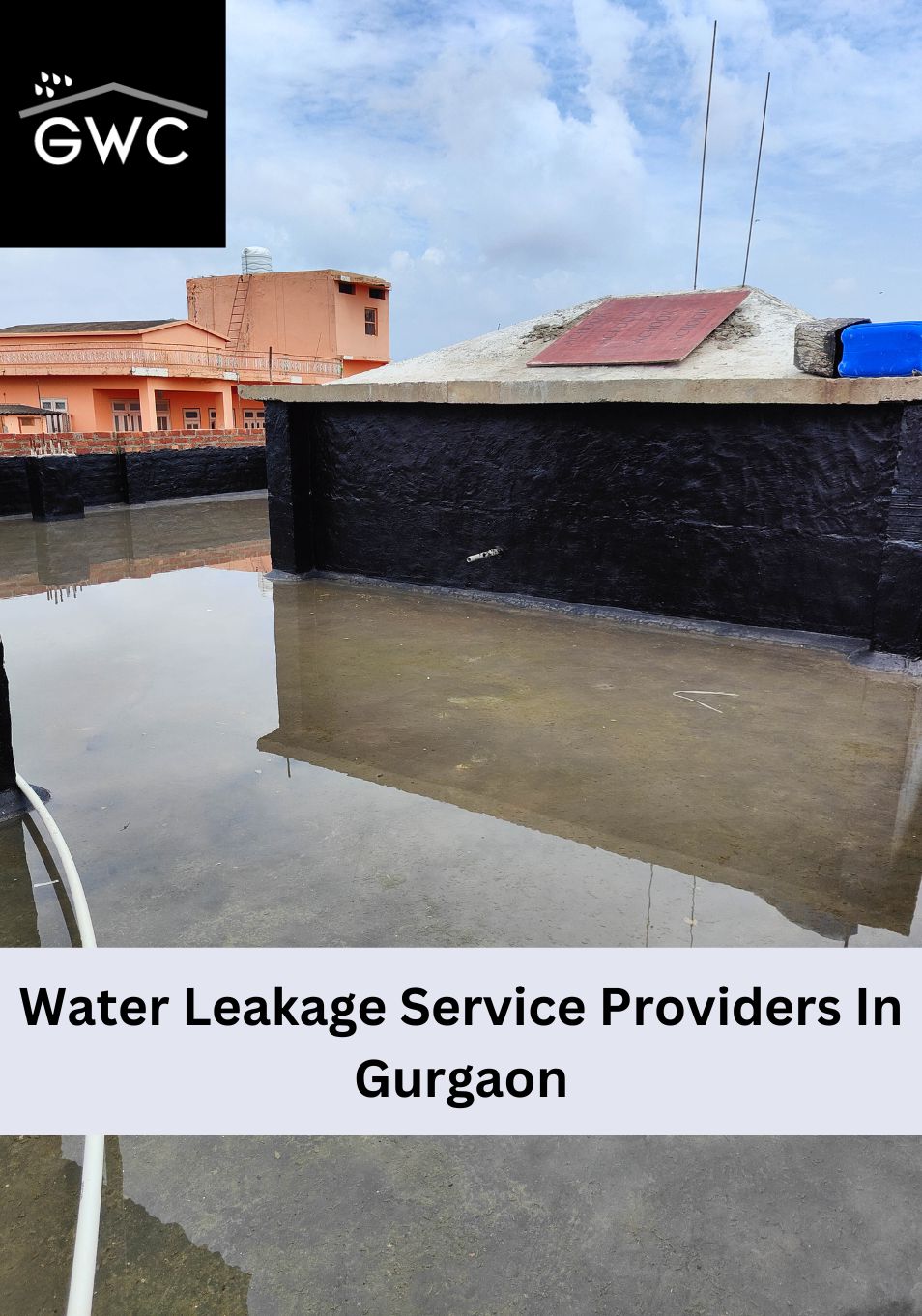This guide provides information about commercial waterproofing practices including its definition, significance and complex application methods which professional contractors execute to protect buildings against water damage. The knowledge of waterproofing systems remains vital for commercial property owners and anyone seeking top waterproofing companies because it supports both structural stability and extended building durability.
What is Commercial Waterproofing?
Commercial waterproofing describes the method used to stop water from entering commercial buildings. The implementation of waterproofing solutions using different protective materials protects all types of building structures from water damage.
A properly implemented commercial building waterproofing plan extends building life span and protects property because it eliminates water entry and mold growth and material breakdown.
The waterproofing requirements for commercial buildings differ from residential ones since they need sophisticated methods because of their extensive scale and intricate architecture as well as their susceptibility to environmental elements.
Why is Commercial Waterproofing Important?
Commercial waterproofing requires effective implementation because of multiple essential benefits.
Prevents Structural Damage
Water creates concrete weakening together with steel corrosion that results in wall and foundation cracking. The absence of appropriate commercial building waterproofing measures enables water penetration that requires significant repair costs and could possibly lead to structural collapse.
Reduces Mold and Health Risks
Mold and mildew thrive in wet conditions thus creating health risks for building inhabitants. The application of waterproofing measures creates safe dry indoor conditions within commercial buildings.
Increases Property Value
The lifetime value of a property extends when the building receives proper maintenance along with waterproof protection. Investors together with buyers show preference for properties which receive professional commercial building waterproofing services.
Enhances Energy Efficiency
Professional waterproofing solutions consisting of coatings and sealants minimize air leakage to maintain consistent indoor temperature conditions. Professional waterproofing services create barriers that reduce utility expenses while improving energy efficiency in the building.
Prevents Costly Repairs
The occurrence of water damage requires building owners to pay high repair costs. Commercial waterproofing companies prevent future long-term expenses when established during construction or maintenance projects.
Challenges in Commercial Waterproofing
When waterproofing commercial buildings you need to address specific difficulties because of:
- The intricate nature of large commercial buildings which feature numerous levels together with foundations and rooftop structures makes waterproofing procedures exceptionally difficult.
- The long-term effect of harsh weather conditions such as rain, snow and UV radiation causes deterioration of waterproofing materials.
- Buildings with foundations located below ground level become vulnerable to hydrostatic pressure that could enter the structure if waterproof seals do not exist.
- The heavy traffic flow in commercial buildings produces maintenance difficulties that need waterproofing methods able to endure constant use.
Common Methods of Commercial Waterproofing
Commercial waterproofing companies employ multiple methods to defend buildings against water-related destruction. The right waterproofing technique depends on three main factors: architectural design, building position and its vulnerability to water penetration.
Liquid Waterproofing Membranes
Liquid waterproofing requires professionals to spread liquid coatings that create a flexible waterproof barrier. These waterproof membranes are available as sprayed or rolled products for installation on roofs walls and balconies.
Benefits:
- Provides a seamless, waterproof layer
- The material allows installation on concrete and metal surfaces among others.
- Suitable for irregular surfaces
Sheet Membrane Waterproofing
A strong water barrier forms through the application of waterproof sheets with self-adhesive or torch-applied features. This waterproofing material finds its main applications in basement structures and foundation walls and terrace installations.
Benefits:
- High durability and long-lasting protection
- This material works well for waterproofing areas below the ground surface and above it too.
- Resistant to harsh weather conditions
Cementitious Waterproofing
Cement-based coatings function as surface treatments that stop water but enable vapor moisture to escape. The waterproofing method is widely employed for commercial building protection in structures such as parking garages and tunnels as well as water tanks.
Benefits:
- This solution provides simple application and cost-efficient benefits.
- Strong adhesion to concrete surfaces
- Suitable for wet environments
Bentonite Waterproofing
When exposed to water Bentonite clay creates an automatic waterproof barrier through its expanding properties. The application of this material serves to protect commercial buildings with foundations that extend below ground and structures built with basements.
Benefits:
- Self-sealing properties
- Environmentally friendly solution
- Provides long-term protection
Drainage Systems
Building foundations can remain protected from water buildup and leaks by installing drainage systems which include French drains and sump pumps to redirect water flow.
Benefits:
- Prevents hydrostatic pressure on foundation walls
- Reduces the risk of basement flooding
- Works well in combination with other waterproofing methods
Waterproofing Concrete in Commercial Buildings
Concrete stands as a primary construction material in commercial projects although its natural absorption capacity lets water penetrate. The prevention of water damage in commercial structures relies on specific concrete waterproofing methods provided by commercial waterproofing companies which include:
- Waterproofing admixtures function as ingredients that receive addition during concrete mixing to generate internal water-resistant barriers.
- Surface sealants and coatings receive application after construction to stop moisture from entering the building.
- Drainage systems create a water diversion system that reduces water pressure on concrete surfaces.
- Concrete structures benefit from proper waterproofing techniques because they create durable structures which resist deterioration.
Conclusion
Protecting buildings from moisture-related damage requires commercial waterproofing to be considered as a vital investment. Your property benefits from waterproofing because it prevents structural damage and enhances energy efficiency which extends its value and longevity.
Professional commercial waterproofing contractors enable you to select the optimal waterproofing solution that best suits your building requirements. The expert solutions provided by Garg Waterproofing protect your property from water damage with solutions for new commercial buildings and restored structures.
Your search for dependable commercial waterproofing services leads you here.
Contact Garg Waterproofing at this time to receive professional advice and personalized solutions that address your commercial building waterproofing requirements.




